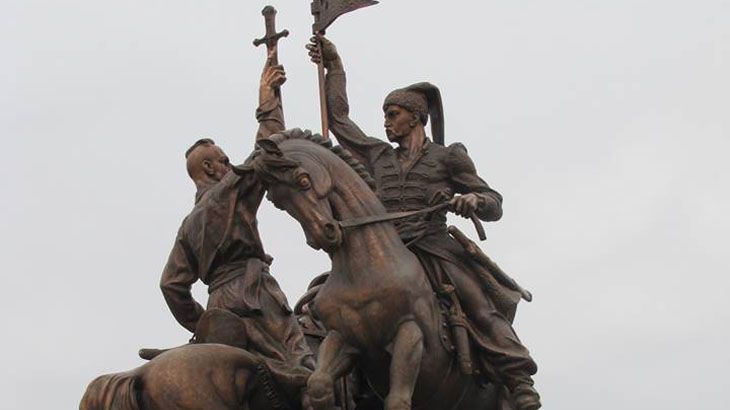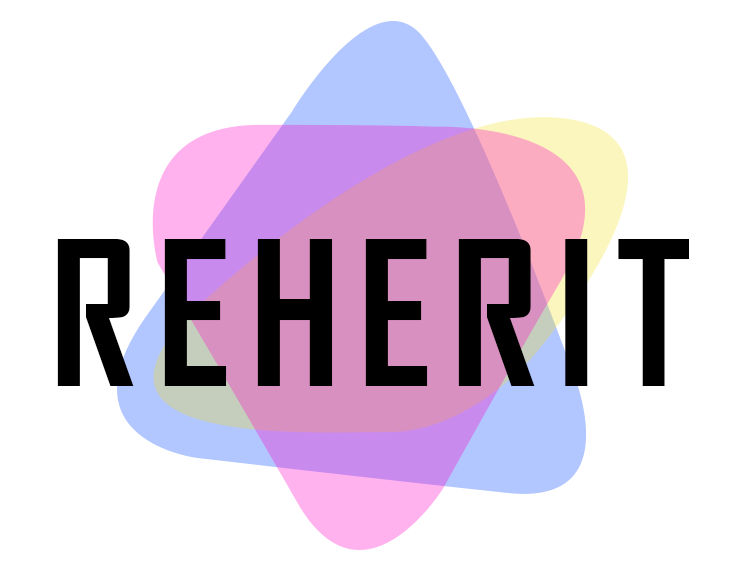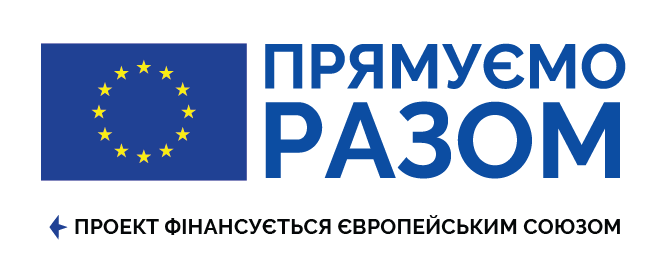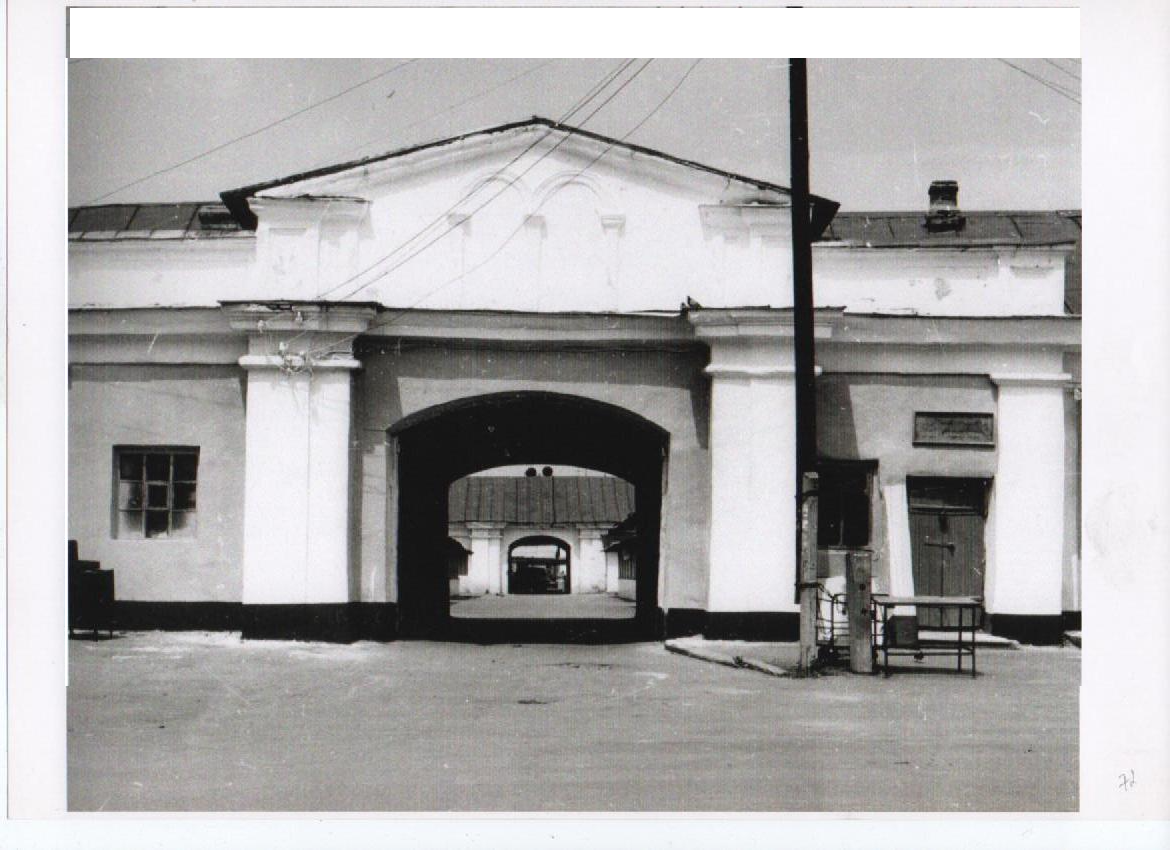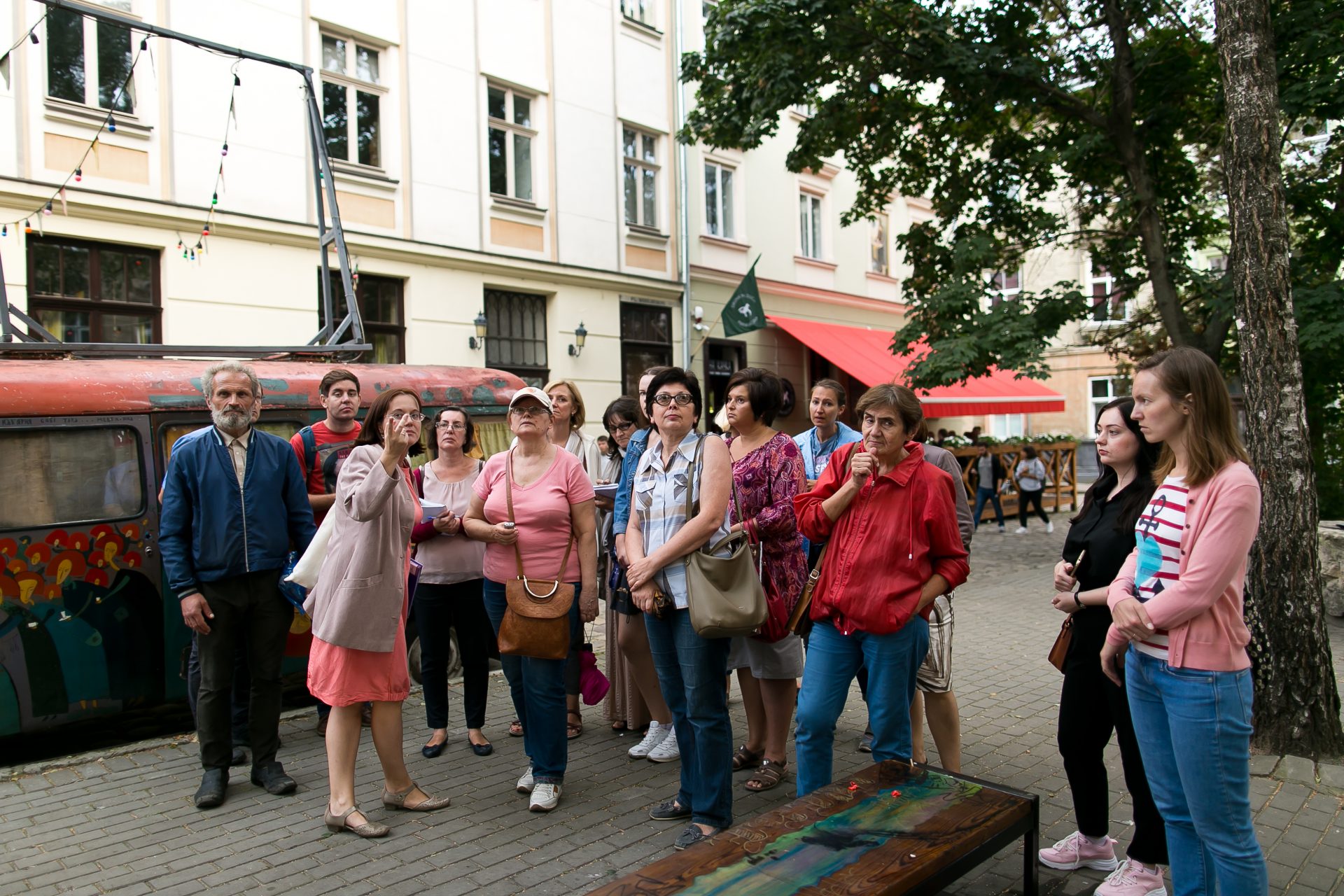Monumental Memorial Spaces: Sites of Memory, Meetings, and (non)Understanding
November 14, 2019
Uman
Uman will host the second training on developing inclusive approaches and practices in managing common heritage in Uman.
The training will be dedicated to the role of monuments in the city in the 20th and 21st centuries. In order to develop skills of critical analysis of monuments, participants and experts are going to search for answers to questions, such as how power relations and hierarchies are present behind the creation of monuments. What could be a form of modern monument, and how does it correlate with its content? How different audiences interact with monuments, how they assume ownership thereon. How to make a monument a meeting point, a place for a dialogue and life but not the place for propaganda and ceremonies of authorities. Special focus will be on practical solutions on competing, "unwanted" or ambiguous monuments: to demolish, museumify, change context, ignore, or use to launch a dialogue between the conflicting groups? The topics and subjects will be considered as illustrated by best practices, as well as on the basis of local Uman cases of commemoration sites and monuments.
Training participants will be public officials from Uman city council in the field of culture, tourism, and infrastructure, culture managers, journalists, tour guides, museum staff, local history experts and historians, teachers, representatives of local business and CSOs that deal with heritage sites.
Trainings to develop inclusive approaches and reconciliation practices in managing shared cultural heritage in Uman are part of a two-year-long project "ReHerit: Shared Responsibility for Common Heritage." The trainings have an objective to discuss and work on most complicated and significant cases of the city’s common heritage, to identify the challenges, to suggest efficient tools to solve conflicts and approaches in managing heritage that are based on values of diversity, tolerance, and new shared uses.
TRAINERS
Iryna Brunova-Kalisetska – Candidate of Psychology, CEO at the NGO "Information Research Center "Integration and Development"
Iryna Sklokina – a historian, Candidate of History, researcher at the Center for Urban History.
ORGANIZERS
Center for Urban History
Laboratory of Urban Space
Office for Culture of Uman City Council
